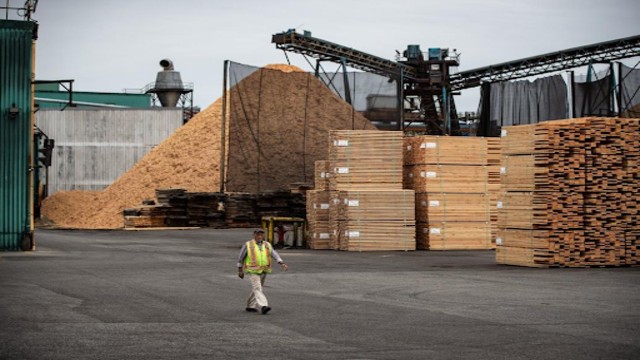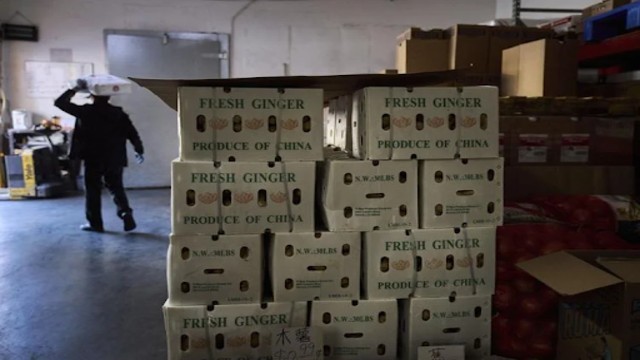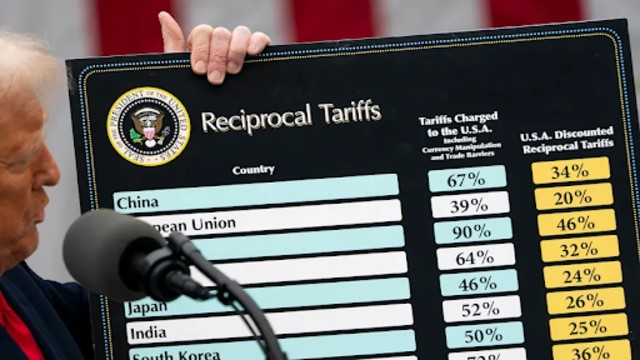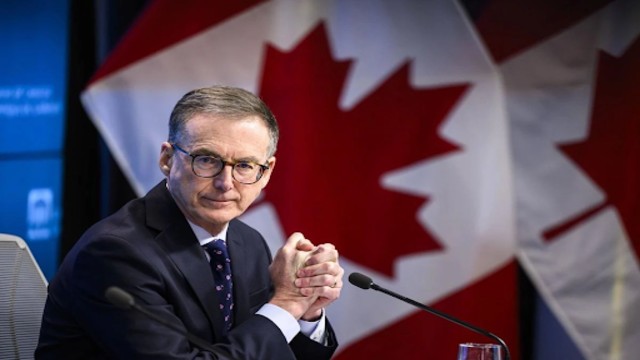
Stacks of lumber are seen at Teal-Jones Group sawmill in Surrey, B.C., on Sunday, May 30, 2021. THE CANADIAN PRESS/Darryl Dyck
Canada’s forestry sector is facing uncertainty after former U.S. President Donald Trump threatened a 25% tariff on Canadian lumber. Though the move has been delayed by 30 days, industry leaders and officials remain concerned about the impact of this U.S. lumber tariff.
British Columbia Premier David Eby has pledged full support for the province’s forestry industry, calling the tariff "unnecessary and harmful." Prime Minister Justin Trudeau, after a discussion with Trump, confirmed that the tariff's implementation has been paused while both nations work on border security and crime prevention measures.
Eby emphasized that the delay does not eliminate the uncertainty. He noted that companies are hesitant to invest without knowing what lies ahead. “Forestry, mining, energy, and manufacturing all need stability,” he said. “We are committed to helping these industries find alternative markets overseas.”
Potential Consequences of the Tariff
If imposed, the additional 25% tariff would compound existing softwood lumber duties of 14.4%. The forestry sector is already struggling with challenges such as the pine beetle outbreak, which has devastated large forested areas.
Eby warned that the tariff would also negatively affect American consumers. With demand for homebuilding rising—especially after the destruction caused by California wildfires—higher lumber prices could slow reconstruction efforts.
Derek Nighbor, president of the Forest Products Association of Canada, pointed out that the U.S. typically meets only 70% of its lumber needs domestically. The added demand from rebuilding in Los Angeles and North Carolina will likely make Canadian lumber even more essential.
The BC Lumber Trade Council also condemned the tariff proposal, calling it "punitive and protectionist." It argued that higher duties would not only hurt Canadian mills but also drive up costs for American consumers. "Trade disruptions threaten jobs, raise housing costs, and harm both economies," the council stated.
A Vital Trade Partnership at Risk
Canada's forestry exports to the U.S. remain substantial. In the first 11 months of 2024, B.C. alone exported nearly $6.2 billion worth of forest products to the U.S.—about 58% of its total exports. China ranked second with $2.3 billion, followed by Japan at $806 million.
Nighbor highlighted the importance of Canada-U.S. lumber trade, stating that Canadian wood is valued for its quality due to the country's cold climate and slow-growing trees.
Backlash from U.S. Housing Industry
Opposition to the tariff is growing within the U.S. as well. Carl Harris, chairman of the National Association of Home Builders, warned that increased lumber costs would raise home prices and slow construction. “Tariffs make housing more expensive and discourage new development,” he said, urging the Trump administration to reconsider.
Eby echoed this sentiment, emphasizing that Canadian lumber remains an affordable and reliable option for American builders despite existing duties. “This move will make rebuilding in L.A. even more expensive,” he said. “It’s a decision that hurts families on both sides of the border.”
A Cloud of Uncertainty
B.C. Conservative forests critic Ward Stamer acknowledged the growing concerns within the forestry industry. “No one knows how the U.S. market will react. Will they continue to buy our products, or will mills start shutting down?” he questioned.
With uncertainty looming, Canadian forestry leaders are preparing for all scenarios, including exploring new markets to maintain stability in the industry.















